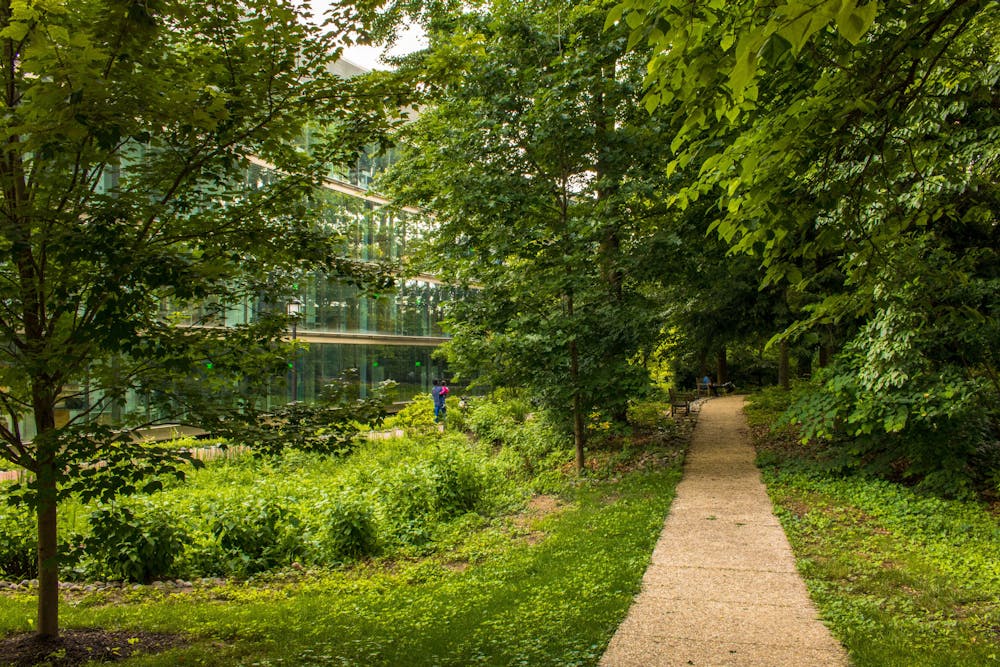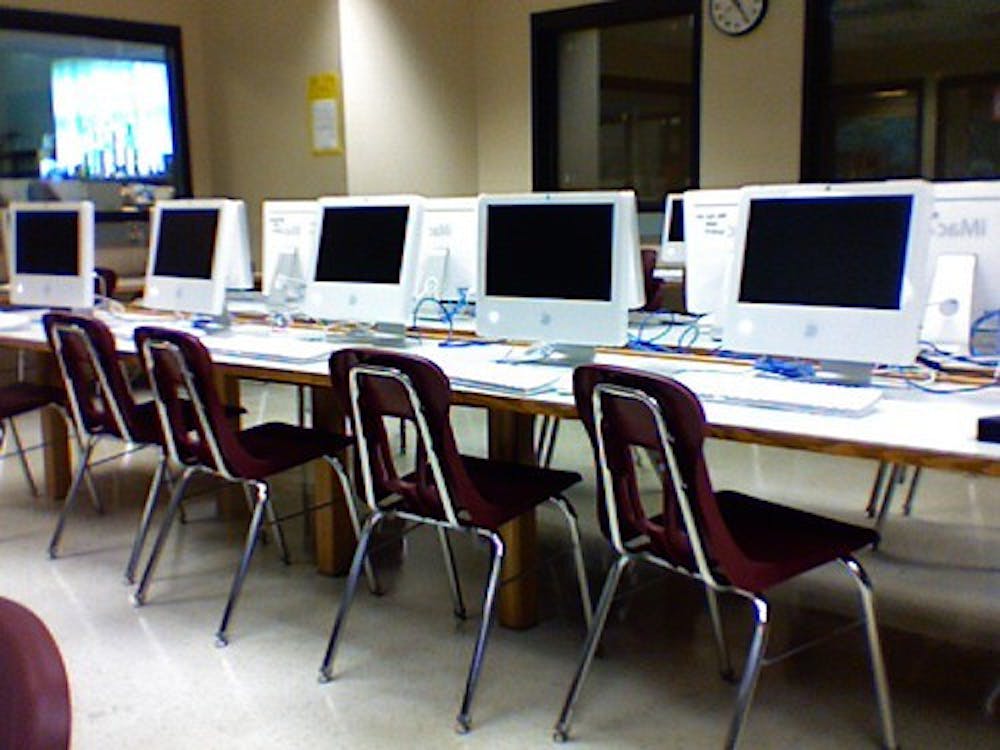The ways that nature and mankind operate on both an individual and interactive level are vastly different, and it’s easy to wonder if they’re simply supposed to be separate. Like many great mysteries of the universe, however, that may be another question that exists without an answer.
Over time, science and research have managed to piece together enough information to construct a relatively competent working model of how we currently think the universe functions. It took a truly remarkable and comprehensive effort involving several great individuals to get there.
Sir Isaac Newton taught us all about gravity and motion, until much of his work was eventually superseded by Albert Einstein. Einstein provided insight into relativity and space-time-matter, and his findings, coupled with Newton’s, helped give us a brilliant new approach to how we saw the world according to the laws of physics. Charles Darwin and his work with evolutionary theory contributed to the field of biology at a level that is arguably the equivalent of Einstein’s, and Watson and Crick (using the work of Rosalind Franklin) unveiled a model of DNA that changed the way we looked at genetics forever.
That being said, each breakthrough was met with a resounding conclusion: What we do know as a species is far, far less than what we don’t know. At face value, that may come off as a bad thing, but in actuality, it might be much more beneficial than we realize.
We’re born into an environment called “nature” that we often try to explain using words like inertia, homeostasis and balance. However, nature is hard to define beyond its desire to sustain life while keeping things as close to equilibrium as possible.
It’s mysterious and vague in the way it operates, but what we do know at least helps us make sense of certain phenomena, like how the Earth just happens to be the perfect distance from the sun or how organisms are able to adapt so remarkably to change. Sometimes it seems like nature might know what it’s doing better than us, and we should give it the credit it deserves.
As society advances, we seem to be driven toward what is man-made or synthetic and away from what is natural. We obsess over managing busy schedules only to regret having spent time away from loved ones or not having “stopped to smell the roses.” We gush over fad diets and extreme weight-loss plans without acknowledging how unhealthy and dangerous they are.
And then of course there’s global warming, a product of society’s advancement. Maybe the world is here for us to enjoy, but with all the negative effects we’re starting to see from climate change, the Earth might be hinting that we’re pushing things too hard.
Concepts like balance and harmony have largely been forgotten in our pursuit of progress and achievement. We make ambition the great focus of our lives and go to extremes over it, but often it seems like we don’t even take the time to question why.
Maybe somewhere along the way, somebody or some group simply made it the point of our existence, and since then, we haven’t even considered looking back. Regardless, if mankind and nature always had different vocabularies from the start, we probably aren‘t even speaking the same language anymore.
But perhaps the most important difference between us and nature is that nature doesn’t judge. Nature is as neutral of a third party as it gets, and in that respect, it’s sometimes easy to think that nature is cruel when it seems to go against our favor.
But what if it was the other way around, and nature really had a conscience? What if it put everything into good and bad categories and dictated that there was a right way to live and a wrong way to live? What if nature didn’t leave any room for a grey area or imagination and made everything exist according to its rulebook?
Whatever differences exist between us and nature, maybe it’s not as important that we work ourselves to the bone on a daily basis trying to understand every single little nook and cranny about how it works. Maybe the most important thing is for us to simply sit back and appreciate it for what it provides us instead.
Eugene Kim is a graduate student in Biotechnology and Environmental Engineering and Science and a full-time software engineer who lives in Oakton, Va. He is a contributing writer for The News-Letter.





